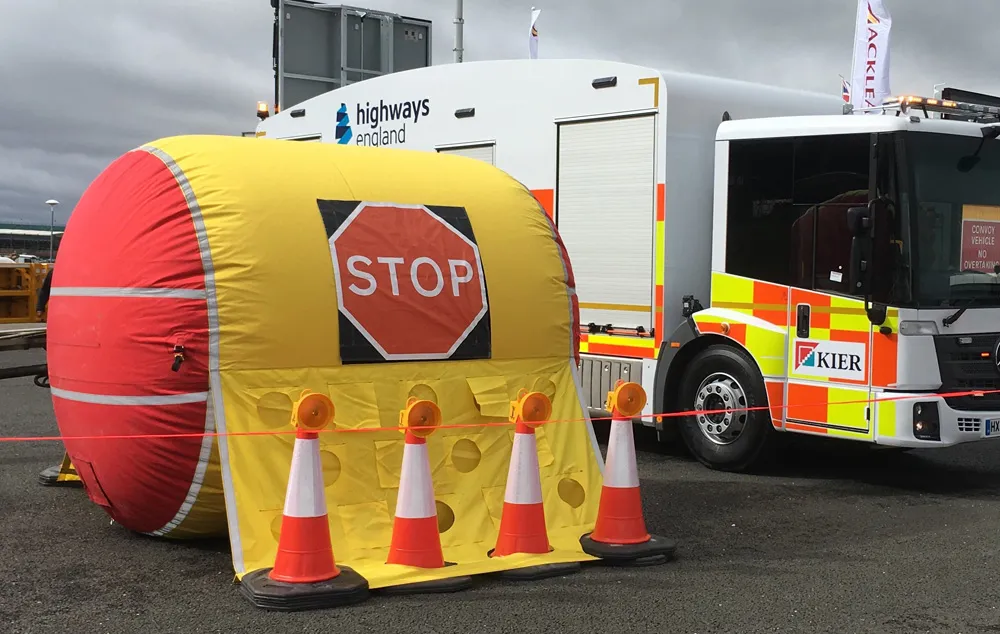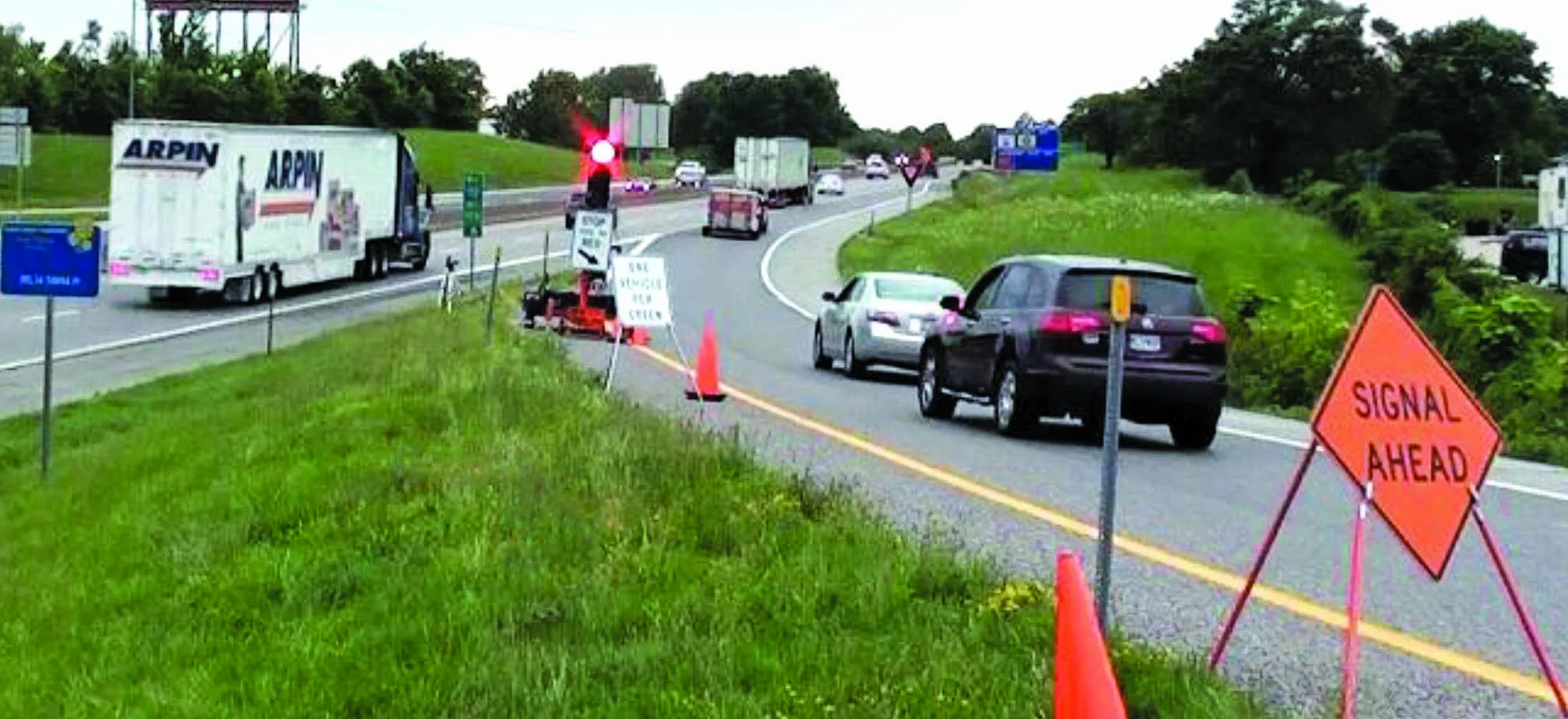Drivers using GPS navigation systems are being urged not to trust their devices too closely by police forces. In the Australian state of Victoria, police are telling drivers not to throw away their maps after a series of incidents in which motorists in ordinary road cars have become stranded after following GPS directions and taking routes only accessible to four-wheel drive vehicles.
March 1, 2012
Read time: 2 mins

Drivers using GPS navigation systems are being urged not to trust their devices too closely by police forces. In the Australian state of Victoria, police are telling drivers not to throw away their maps after a series of incidents in which motorists in ordinary road cars have become stranded after following GPS directions and taking routes only accessible to four-wheel drive vehicles. Similarly in the US state of Vermont, highway authorities are telling GPS users to use common sense as a number of drivers have had to call for help after getting stuck when using snowmobile trails.
Some drivers could benefit from brushing up on their geography skills, with a Syrian lorry driver having found his way to the Gibraltar Point nature reserve in the UK, 2,500km from Gibraltar on the southern tip of Spain where he was supposed to deliver a load of cars. The new owners of the cars had to wait a little longer. Meanwhile a Polish driver found that his vehicle was not amphibious, following GPS instructions that resulted in him driving into a reservoir. Luckily, the man and his passenger were rescued.
Some drivers could benefit from brushing up on their geography skills, with a Syrian lorry driver having found his way to the Gibraltar Point nature reserve in the UK, 2,500km from Gibraltar on the southern tip of Spain where he was supposed to deliver a load of cars. The new owners of the cars had to wait a little longer. Meanwhile a Polish driver found that his vehicle was not amphibious, following GPS instructions that resulted in him driving into a reservoir. Luckily, the man and his passenger were rescued.







